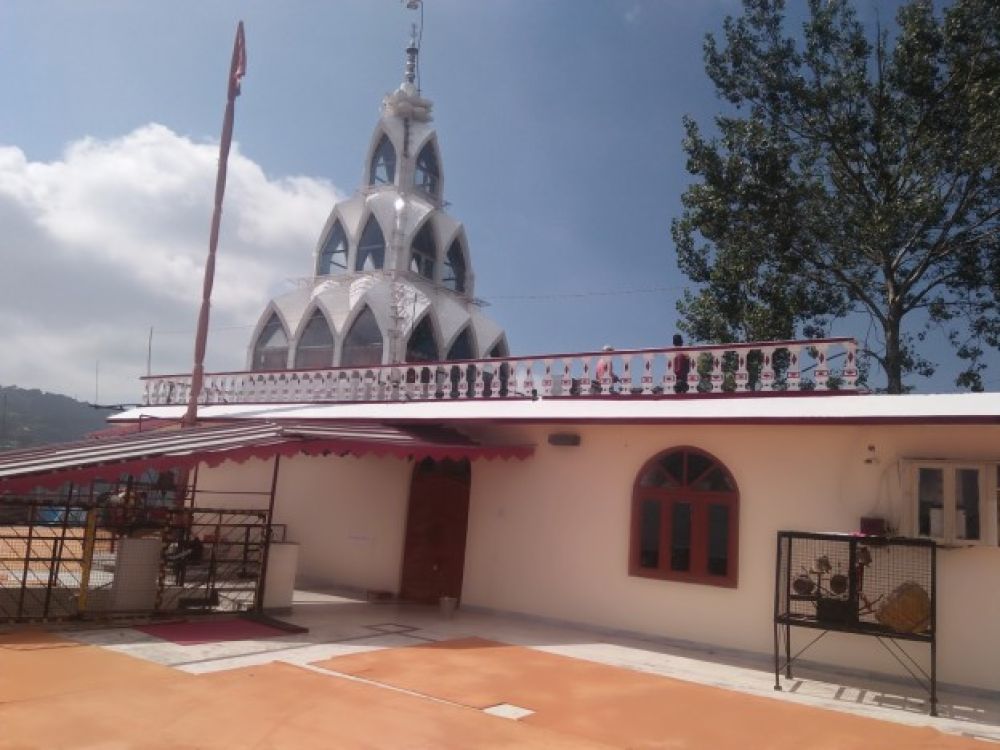

Nestled among the serene hills of Himachal Pradesh, the Baba Balak Nath Temple is a sanctified site that is steeped in legend and piety. This temple is devoted to Baba Balak Nath, a revered ascetic believed to be an incarnation of Lord Shiva. The history of tourism associated with this temple is deeply connected to the Hindu pilgrimage tradition. The lore surrounding Baba Balak Nath dates back to centuries ago, where he is said to have practiced intense meditation in the cave at the current temple site.
Pilgrims have been visiting the temple for many years, seeking blessings and spiritual solace. The numbers have swelled gradually, with a spurt in visitors seen during special religious occasions, particularly during the month of Chaitra (March-April) when the temple hosts a fair that attracts thousands of devotees.
The development of tourism in the area around Baba Balak Nath Temple is closely tied to the overall development of Kasauli as a hill station. Initially discovered by the British during the colonial era, Kasauli became a retreat for those looking to escape the heat of the Indian plains. Over the years, the area's infrastructure expanded with better roads, accommodations, and amenities, making it more accessible for visitors.
The Indian government and the Himachal Pradesh state authority have continually worked on improving the facilities at the religious site. This includes accommodation options like dharamshalas for the pilgrims, cleaner premises, improvements in the temple structure, and better connectivity to the temple via road.
In recent years, there has been a noticeable trend in the diversification of tourism beyond traditional religious pilgrimages. While spiritual tourism remains a key attraction, an increasing number of visitors are also drawn to the serene beauty and tranquility of the region. Kasauli's proximity to prominent cities like Chandigarh and Delhi contributes to its popularity as a weekend gateway.
Adventure tourism, like trekking and camping, is also gaining momentum with younger tourists. The area's lush green landscapes and pleasant climate make it ideal for such activities.
Additionally, eco-tourism is emerging as a favored trend, with visitors seeking more sustainable and environmentally friendly ways to experience the beauty of the region while minimizing their carbon footprint. This includes stays in eco-friendly resorts, participation in local conservation efforts, and engaging with the local culture and customs in more meaningful ways.
The future of tourism at the Baba Balak Nath Temple and its surrounding areas in Kasauli looks promising. The push towards developing sustainable tourism infrastructure, promoting local handicrafts and cultures, and preserving the natural environment are expected to continue drawing tourists. There is a collective effort from both the government and private stakeholders to ensure that the growth in tourism is balanced with resource conservation and community well-being.
As international travel norms relax and global tourism begins its recovery from the impacts of the pandemic, it's plausible that destinations like Baba Balak Nath Temple will attract attention not only from domestic but also from international visitors looking for unique cultural and spiritual experiences.